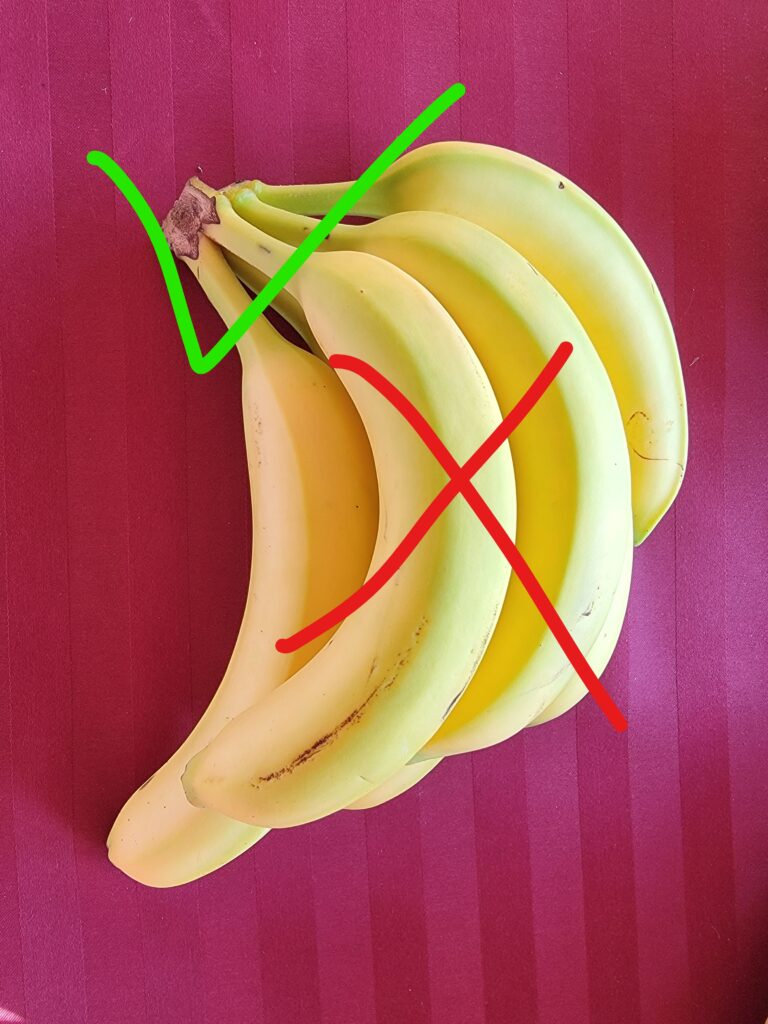Verrassingen
Yes, we have no bananas

Brother Jofroi woke up early for lauds in the Dominican friary of St Saviour’s, Waterford, Ireland, on a Spring morning in 1301. He performed his ablutions and devotions before heading to the library. Once there, he retrieved a quill, some ink, and leaves of parchment from the store cupboard, and took his usual place at the table. He had left his unfinished work there at vespers the day before. Alongside the pile of drafts lay the library’s copy of Isaac Israeli’s treatise on dietetics, De dietis universalibus et particularibus, which Jofroi was translating into French. Although he was a native speaker of English, Jofroi’s French was fluent and the literary language of choice in southeastern Ireland. He picked up where he had left off but immediately encountered a problem: “De musa”. What was “musa”? He had no idea. Surely his friend, Servais Copale, merchant and tax-collector, would know. Jofroi knew where to find him, so he left the friary and turned right onto the busy quay. He spotted Servais inspecting a shipment of wine that recently arrived from Bristol. They greeted each other in French, Jofroi’s with a noticeable English accent, and Servais’ with a pronounced Walloon twang. “Do you know what a ‘musa’ is?”, asked Jofroi. “Do you sell them? I don’t know how to translate the word.” “Ah”, replied Servais, “You’d best leave it out of the translation. I know what they are but you can’t get them here. They don’t travel well. By the time they reach England or Ireland, they are rotten. I have eaten them on my travels, though. They are long and crescent-shaped and grow on trees in bunches. Green and bitter at first, they then turn yellow and sweet.
So the answer to your questions is: Muppet Songs: Marvin Suggs – We Have No Bananas – YouTube
Keith Busby
Image
Bananas (foto: José Lanters)

